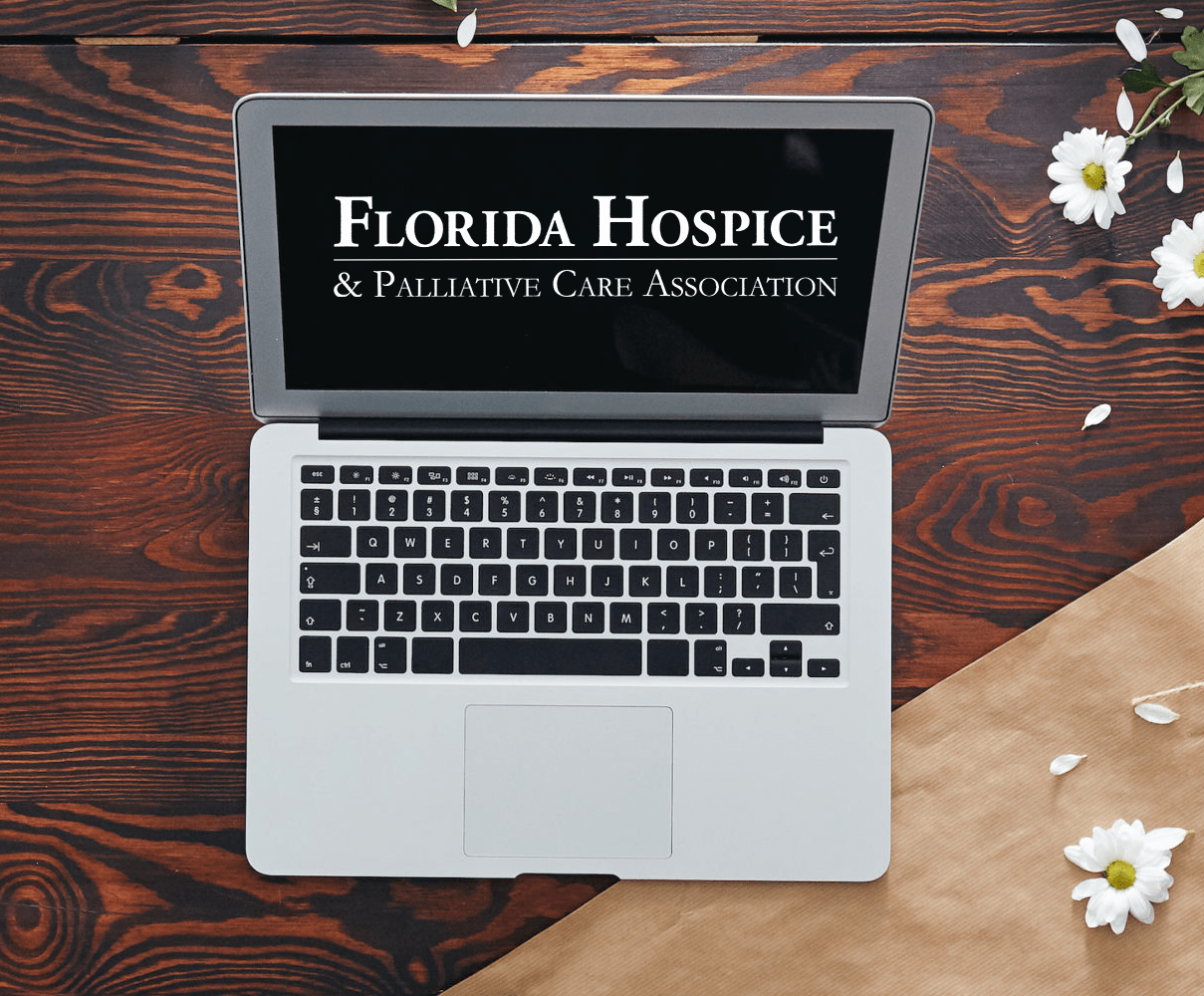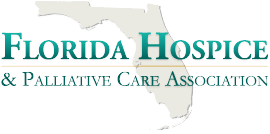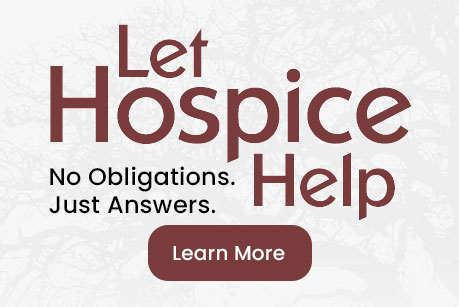This year’s Forum attendees enjoyed a free copy of HospiScript’s Palliative Care Consultant Book. Now everyone can enjoy this comprehensive palliative care guide for 25% off the $69.99 ticket price. PURCHASE BOOK Use discount code 3H2XGAEZ – Discount expires…
Get 25% Off on the Palliative Care Consultant Book
News
This year’s Forum was a great success! While we are preparing follow-up emails, evaluations, attendee lists, and CEU information to go out this week, don’t forget to mark your calendar for 2025:
Upcoming Events
Sun
Mon
Tue
Wed
Thu
Fri
Sat
S
M
T
W
T
F
S
28
29
2
3
4
5
7
9
10
11
12
13
16
17
18
19
20
23
24
25
26
12:00 PM - What Do They Believe & Why Does It Matter?
12:00 PM - Compliance for the Hospice Nurse & Aide
29
1
2

This webinar will explore the overarching ideas and considerations to understand before adding palliative care services to your agency. It will address the steps needed to add palliative care, explore different models for delivery, strategic planning, and identifying whether palliative care makes sense for your program. Walk away with an understanding of your next steps on the palliative care program journey as well as the challenges that may be encountered.

Hospice 101 will review the hospice process with an emphasis on Medicare eligibility requirements. It will define hospice eligibility, the requirements, the necessary admission documentation, and how to appropriately admit and recertify a hospice patient. In addition, the use of LCDs in determining Medicare hospice eligibility and ongoing hospice certification will be reviewed and the technical and clinical Conditions of Participation requirements will be covered in detail. This includes the Notice of Election (NOE) and Patient Addendum of Non-Covered Services. Further, key areas of hospice payment denials and how to avoid them will also be addressed.

It may be tempting to think that if a person has more experience, they must be providing a higher level of care. But the truth is, experience alone does not necessarily make for exceptional social work practice. What does it look like? What’s wrong with just meeting the minimum standard? What more could be done? What if you already feel overworked!? This webinar will define and explore the concept of exceptionalism in social work practice and look at ways to offer higher levels of care without necessarily putting in more time.

The IPR reports are released quarterly and identify agency scores versus national benchmark/achievement scores. This webinar will describe how to locate your agency’s IPR report. A sample IPR report will be reviewed to explore interpretation of the findings and to identify the next steps in your VBP program planning. Using the QAPI program as a basis for process improvement, this session will explain how to choose improvement outcomes and review several case scenarios for performance improvement projects.

What do people need most from social workers? What are today's obstacles? Who do social workers need to be, at the bedside and as truly effective members of the interdisciplinary team? This webinar answers those questions and will examine in detail what it means to become a highly skilled end-of-life counselor. It will provide evidence-based theoretical frameworks to help guide interventions. Part of moving towards unprecedented care is ensuring that documentation reflects high-level interventions. All of this and more will be covered in this important social work-specific focused webinar.

Advocacy is a significant part of the social worker’s job. In the hospice world, much of that work happens either during IDT meetings or directly through interdisciplinary teamwork. This webinar will look closely at the role of the social worker as an active, skilled, and assertive member of the interdisciplinary team, including their critical role as patient/family advocate. Join us to learn more about the important role of social workers as hospice, grief/loss, and end-of-life care advocates.

Complex care allows hospice-appropriate patients early access by continuing some or all current medical treatments and therapies that many hospice providers traditionally do not provide. There is a significant need for patients and families to transition from curative to palliative care and to understand how hospice palliative measures are more effective as a terminal disease progresses. Learn how to differentiate your hospice and increase the length of stay by attending this illuminating program.

Medical audit reviews and oversight are on the rise and all agency staff should have a working knowledge of this process. This presentation will be your “how-to” guide on responding to an ADR. It will review the process, beginning with receiving the letter and the initial, critical first steps. Those initial key steps lay the groundwork for how well submission will go. The program will review best practices on managing the process from start to finish, including what/how to submit documentation for easy auditing. The more organized you are the better, if additional follow-up is required.
This presentation will go through some of the tough questions to consider before starting the submission process. Can you handle this process internally? Do you need outside assistance? When should legal guidance be sought? Start 2024 off right with understanding the ADR submission process. There’s nothing to fear and everything to gain.

Have you ever had a patient who was a Scientologist? Has someone you cared for declined to have life-saving care due to religious beliefs? Has a patient or family member displayed a general mistrust for healthcare providers which hampered your ability to provide the best care? These are just a few ways that beliefs impact how we understand health and illness, how we seek to deal with sickness, and how we interact with healthcare providers. This webinar will explore these issues and more to equip you with the knowledge and skill needed to treat each patient with dignity and respect, ensuring that their religious/cultural beliefs and practices are honored.

Part 2 of this five-part compliance series will focus on the roles of hospice RNs and aides. With continued CMS oversight, documentation starting with the initial assessment, comprehensive assessments, and ongoing visits must support patient eligibility for hospice. This presentation will address common compliance and documentation challenges, how to address them, and how to document terminality. It will review the Medicare hospice benefit with a focus on eligibility and how to support eligibility through assessment, LCD utilization, documentation, IDT participation, using the four levels of care, and discharging patients when needed. You’ll also learn about high-risk admissions, what triggers audits, and how to avoid them.


